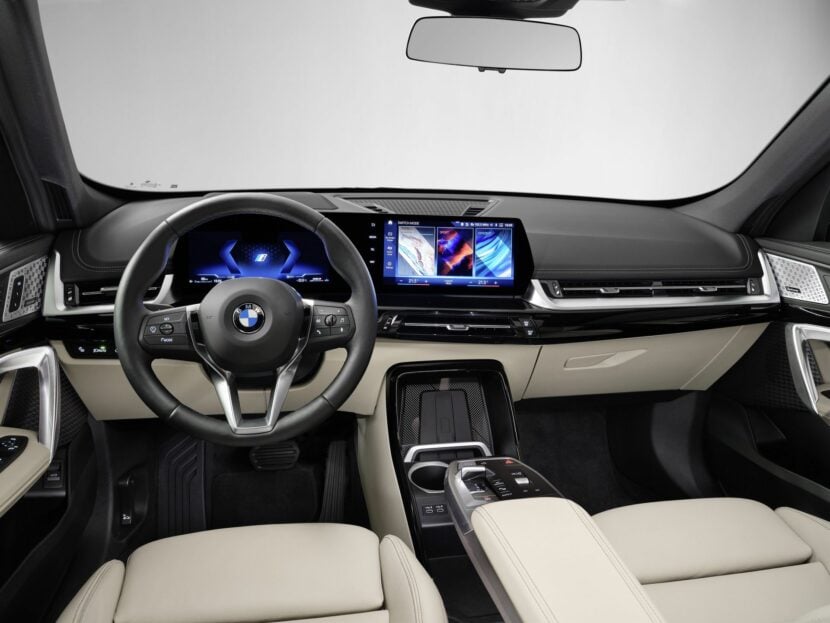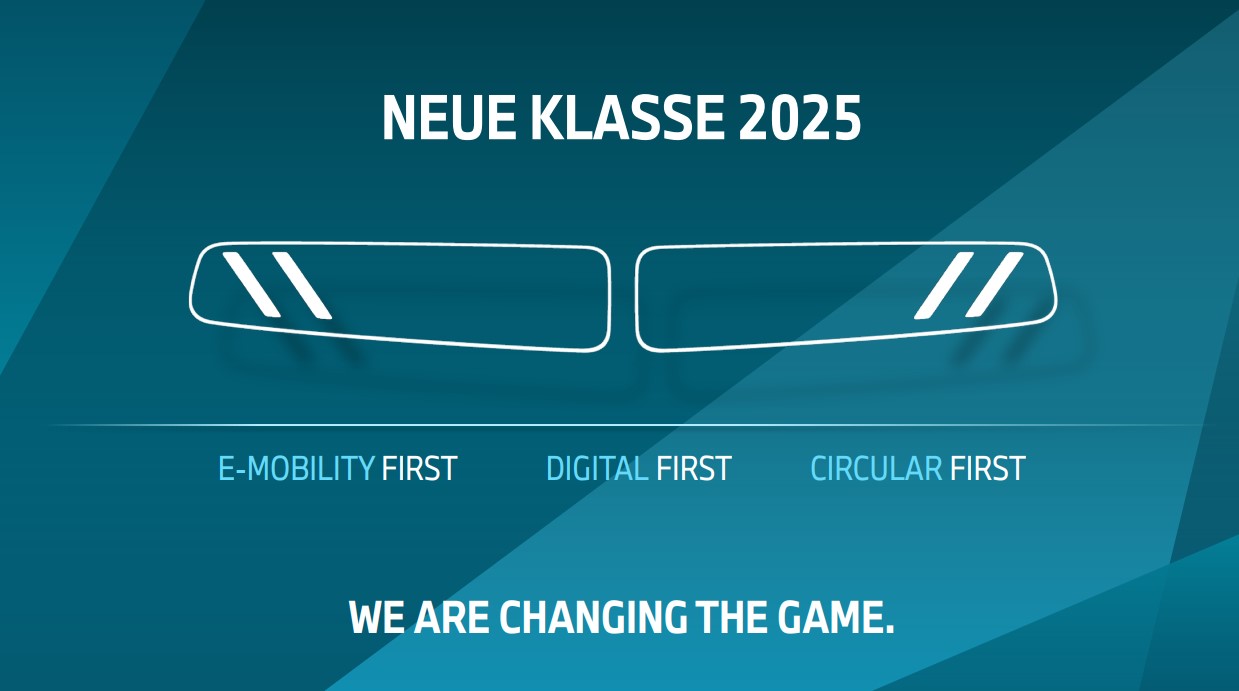With the hugely promising wave of dedicated electric vehicles arriving in 2025, BMW aims to take sustainability to a new level. In a continuous effort to reduce CO2 emissions, the Bavarian brand will reduce the environmental impact of the Neue Klasse by using recycled plastic material from ocean waste. Specifically, recycled fishing nets and ropes will be repurposed for some of the plastic trim parts.
Doing so will enable BMW to cut its carbon footprint by 25% compared to current trim pieces manufactured from regular plastics. These recycled fishing nets and ropes will account for approximately 30% of the necessary raw material for what will be an industry-first application. The trim pieces are going to be installed both inside and out of NE-based electric cars in non-visible and visible areas, beginning with a 3 Series-sized sedan and similarly sized crossover.

Pictured above is the 2023 X1’s interior, which much like the iX’s cabin, uses recycled nylon waste to serve as the basis for synthetic yarn (ECONYL) for the floor mats of both SUV. It originates from discarded fishing nets as well as worn floor coverings and residual waste from the production of plastics. Maritime plastic has so far been used only for fibers in the car industry, but the technology has progressed enough to allow BMW to use it during the injection molding process.
All these efforts to become a more sustainable automaker are being made to boost the use of secondary materials in thermoplastics from 20% to 40% by the end of the decade. Meanwhile, every single model built from 2025 will feature recycled materials to some extent, according to a statement made by BMW CEO Oliver Zipse last year.
Elsewhere, the recently announced round battery cells debuting with the Neue Klasse will generate up to 60% fewer emissions during the manufacturing process. At the same time, these are expected to halve production costs as well as increase range by 30% and charging speed by the same percentage.
Source: BMW





































































